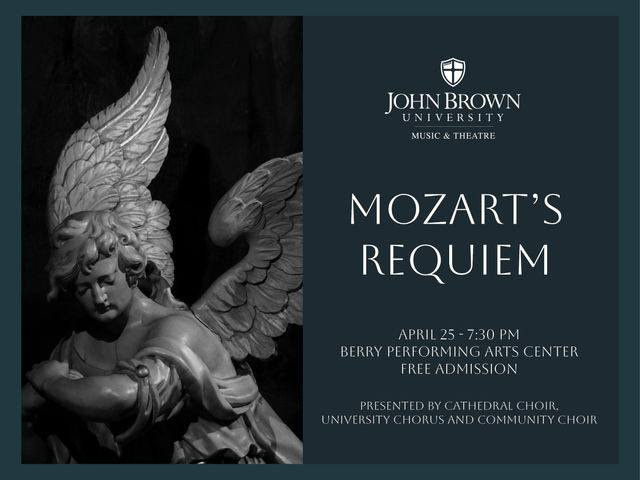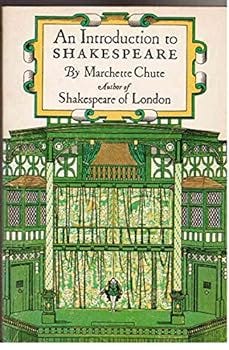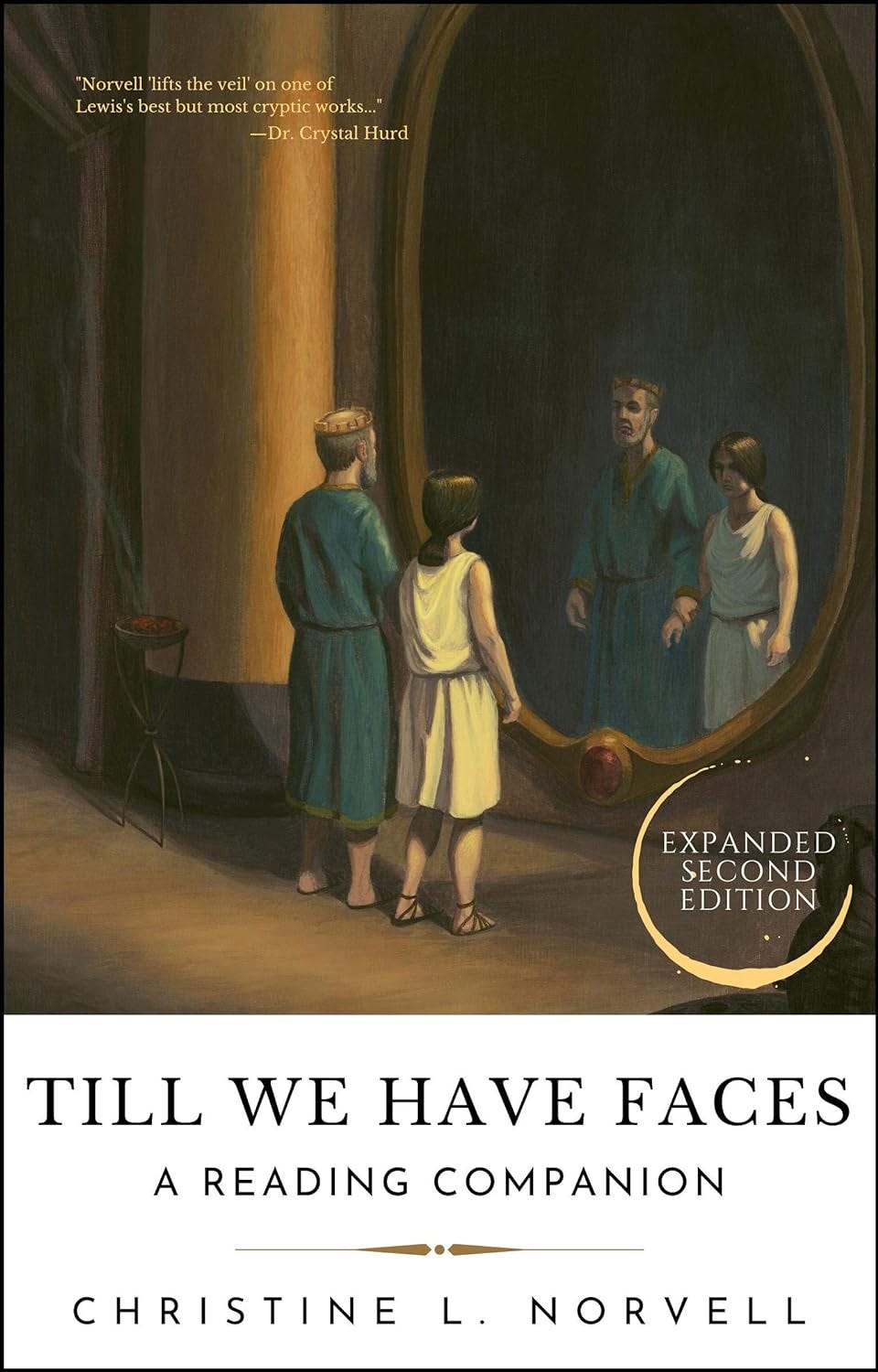Welcome to my newest readers, fellow bibliophiles, and educators!
On March 4 I received an email inviting my husband to play cello at our local university’s Mozart’s Requiem. Of course he doesn’t play. I do. Or I did. I haven’t played since before we moved to Arkansas three years ago.
On the same day, The Imaginative Conservative reprinted an article of mine, “Vivaldi and the Cello.” Reprints happen, but writers rarely know about them. I only know because a few hours before I had been emailing with fellow TIC writer and violinist, Michael De Sapio. In my email to Michael, I wondered if I would ever play again. In his reply, he pointed me to the March 3 reprint.
I haven’t felt the need or urge to play in years, and truly, the season of playing professionally (and regularly) ended a decade ago. I kept my instrument but rarely touched it.
Three interactions within a few hours of each other. Not a coincidence to me. I truly believe God was speaking to me. Is this it? Could I play again? I wondered if I could regain enough stamina and strength in time. I emailed back and asked for a week to decide. I printed the music, and the pain began. I assure you, it’s more than getting back on a bicycle.
For two straight weeks, I could play only 15 minutes. My left forearm ached. My entire hand cramped, my fingertips tender. But I knew within one week, that I had enough time to rebuild, to regain.
Re: "back, back from, back to the original place;" also "again, anew, once more," also conveying the notion of "undoing" or "backward," etc., c. 1200, from Old French re- and directly from Latin re- an inseparable prefix meaning "again; back; anew, against."
Undoing, anew.
My body and mind had to undo the way they had been working to regain the ability to play. It’s not the same as regaining something lost. It’s renewing something latent.
On my desk
Can a prefix could be like a word of the year? I renamed by working book draft with the word regeneration in the summer. And after my March writing retreat, I submitted my book proposal to another company that does not require an agent. I am submitting a few more proposals this weekend. I remain hopeful and covet your prayers.
In the classroom
I’m teaching A Midsummer Night’s Dream for the first time. I insist on using the Oxford School Shakespeare edition and love to introduce Shakespeare himself to my 8th grade students with Marchette Chute’s Introduction to Shakespeare. I was lucky enough to buy ten old Scholastic copies from the 1970s. I wrote more about Chute’s gem of a book here last year.
I am also thoroughly enjoying Peter J. Leithart’s Great Stage of Fools: A Guide to Six Shakespeare Plays (2021). I first discovered Leithart and Brightest Heaven of Invention: A Christian Guide to Six Shakespeare Plays (1996) twenty years ago when scouring for resources to teach Macbeth and Hamlet, and this newer guide does not disappoint.
What about you? What are you reading? What are you finding helpful? I would love to hear from you in your reading or classroom journey.
As always, thanks for reading! Don't forget that the List Library at my website is always available to you, my readers.
Christine
Perfect for beginners, this handy study guide for C.S. Lewis's novel is a blend of summary and scholarly commentary. The second edition includes leading commentary from Lewis scholars as well as key parallels from Lewis’s other works like The Four Loves, Surprised by Joy, and An Experiment in Criticism. Each chapter includes discussion questions designed for students, teachers, book clubs, and church groups. Available at multiple online stores or at Amazon.








This was so encouraging! Yes “re” as a prefix perspective is key! Especially your words “undoing and anew”, and “renewing something latent.”
In my journey with health and brain function, the word rewire in the Neuro plasticity sense has been the forerunner of importance. Regaining is part of it but renewing something latent is inspiring! Thank you Christine. We miss you so! And enjoy the cello! We hope to hear you play one day.